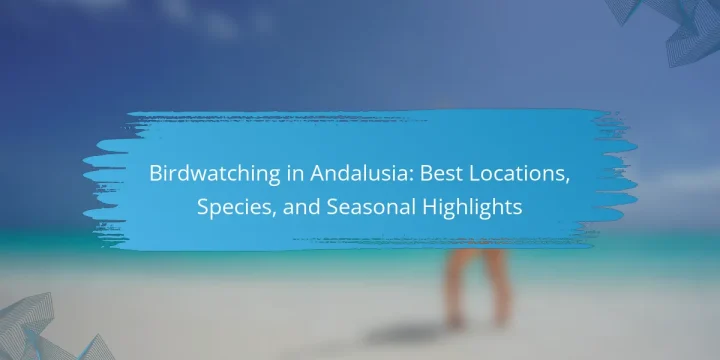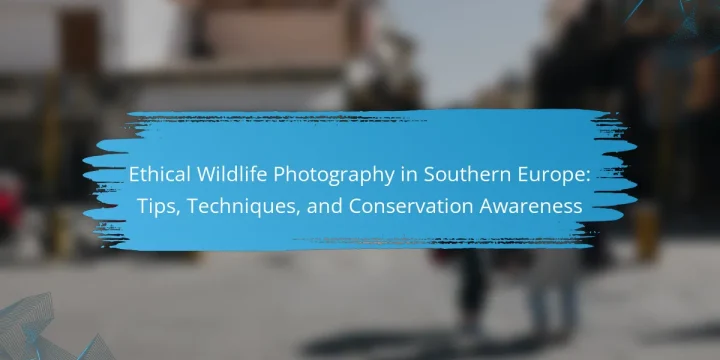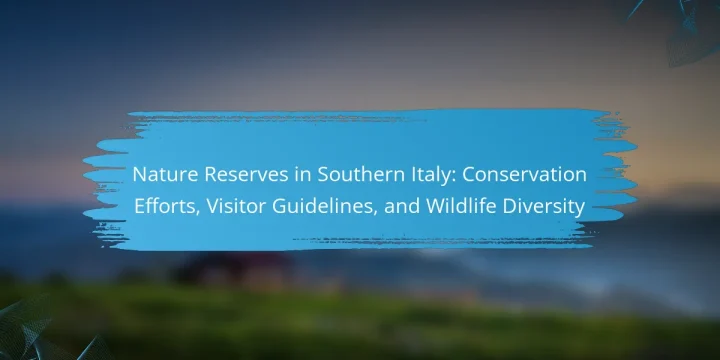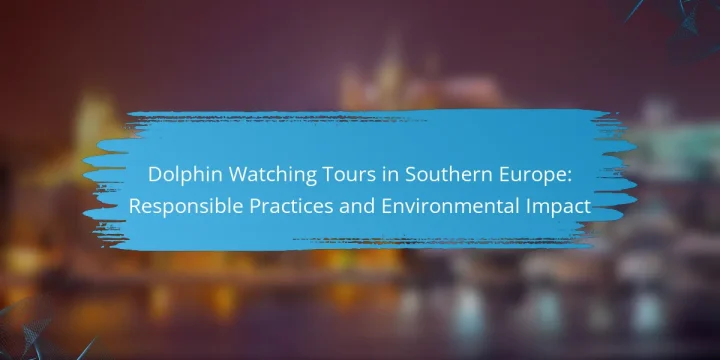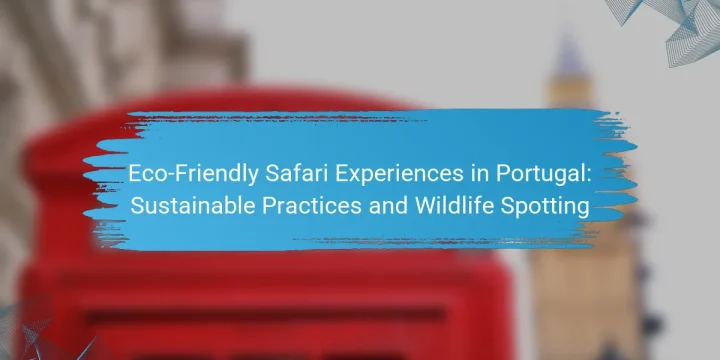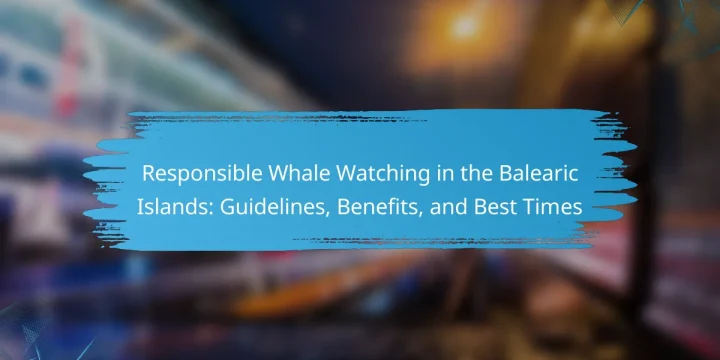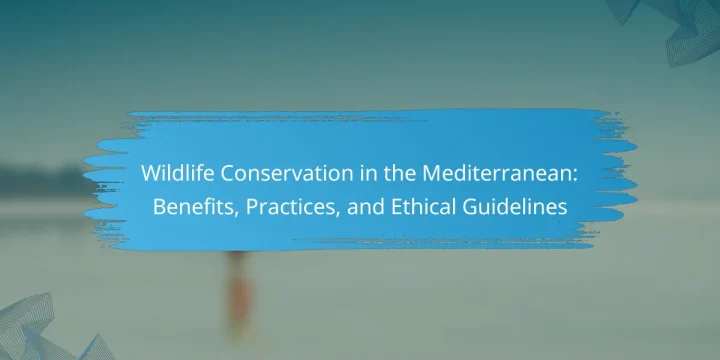
Wildlife conservation in the Mediterranean is vital for preserving biodiversity, stabilising ecosystems, and protecting cultural heritage. Effective practices include habitat restoration and sustainable land management. Ethical guidelines emphasise community involvement and respect for local cultures. Addressing challenges like habitat loss and climate change is crucial for the region's wildlife resilience. What are the key benefits of wildlife conservation in the Mediterranean? Wildlife conservation in the Mediterranean offers critical benefits, including biodiversity preservation, ecosystem stability, and cultural heritage protection. These efforts enhance tourism, support local economies, and mitigate climate change impacts. Effective conservation practices ensure sustainable resource management and promote ethical guidelines for wildlife interactions. How does biodiversity contribute to ecosystem stability? Biodiversity enhances ecosystem stability by promoting resilience, productivity, and adaptability. Diverse species contribute to various ecological functions, ensuring balance…
